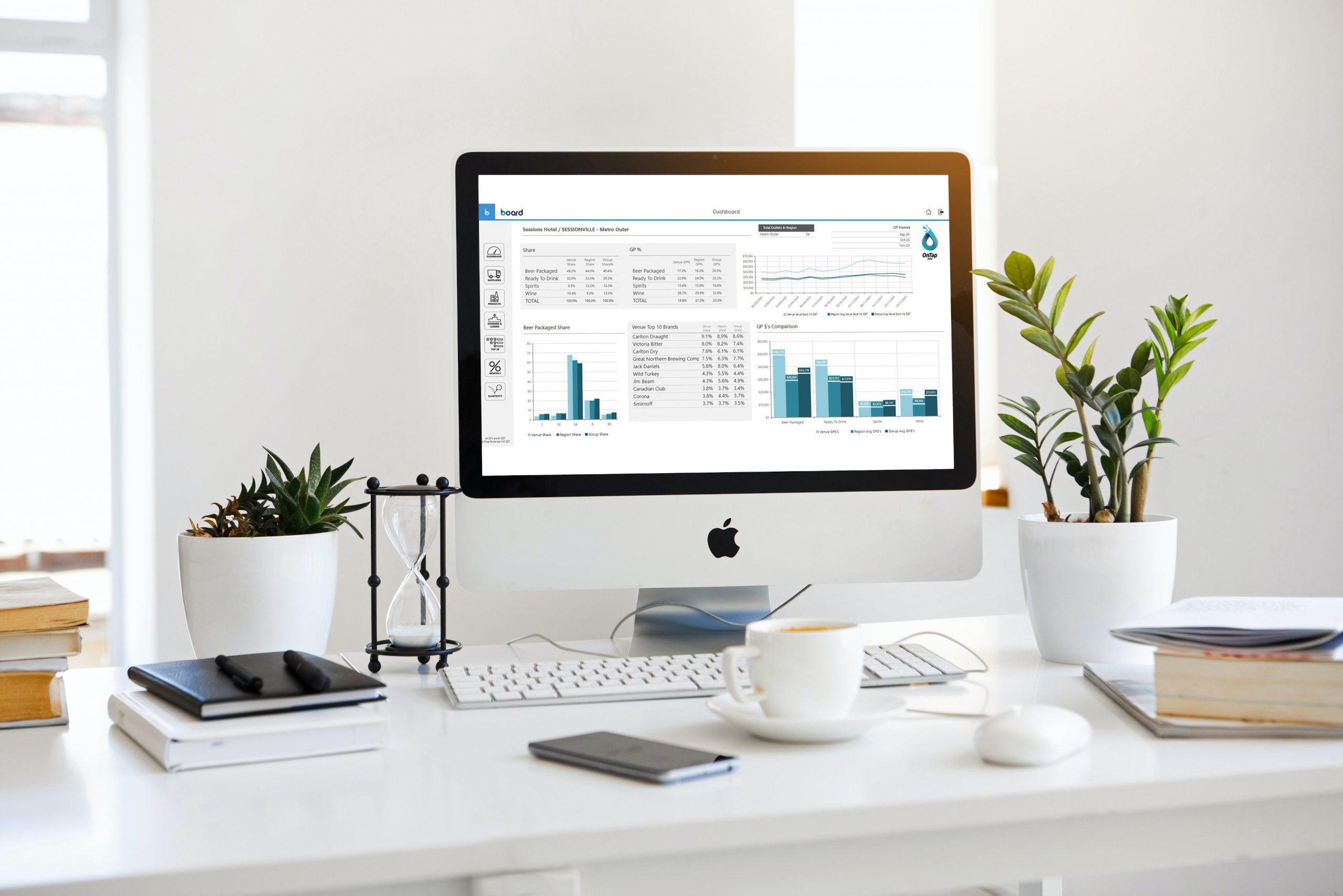Whether you like a pinot, chardonnay or bold shiraz, Global Drink Wine Day is a time to celebrate drops of every colour and varietal from any country and region.
Regardless of your preference, if you’re in the business of making and selling wine, you’ll know how important it is to stay on top of the latest trends, consolidate your data and use it to improve your bottom line.
This Global Drink Wine Day, we’re diving into the latest wine trends and highlighting how wine businesses can capitalize on them to improve their business performance.
The latest trends
Overall, wine in Victoria is seeing steady growth, with value growing at a faster rate than volume, being driven largely by Champagne sales. These sales are up 14% in value MAT and are seeing an increase of 1% in the Total Wine category share.
Red wine has increased its Total Wine category share by 2%, its value led growth by 12% and volume led growth by 6% MAT. Pinot Noir and Rose are both performing well at the expense of the White Wine category which has lost 2% of its Total Wine category share as consumers move away from Sauvignon Blanc.
This means that, overall, we’re seeing an increase in premium wines being sold at a higher price point. Consumers are buying quality over quantity, so if you’re in the business of selling quality wines, you’re in a good position to capitalise on the latest trends.

How can data help your business?
We work with a lot of wine companies here at OnTap, so we’re familiar with the common issues that arise when it comes to their data.
A lot of wine companies have their sales data coming from a range of places, from warehouses to stockists and everywhere in between. The challenge with different data arriving in multiple formats, it can be difficult to stay on top of, if companies are using unrefined or unsophisticated systems.
Wine companies who deal directly through warehouses are in a better position when it comes to organising their data, as they don’t have direct-to-market mechanisms to deal with. Instead they have one form of data to collate which makes the process substantially easier, but it still needs to be collated accurately which is often a time-consuming process.
Either way, wine companies have a big task on their hands when it comes to their data.
This is where a data expert can help.
Outsourcing vs. In-House
There are a few things to consider when hiring data experts, but the main consideration is whether you’re looking to hire someone in-house or outsource.
When hiring in-house, you get the benefits of the employee having a thorough understanding of the business and the associated data. However, there’s a big issue with continuity of in-house positions, especially when it comes to this field.
Often, if you’re hiring an in-house data consultant, there will only be one person in the business who knows the relevant processes, which makes for a steep learning curve. With high rates of employee turnover in these kinds of positions, this learning curve proves difficult, and can lead to mistakes, when regularly training new staff to manage your data.
When you outsource your data, you get the continuity so often missed when hiring in-house, with more efficient and streamlined systems at your disposal, and a whole team of data experts working on your business. You also don’t need to be concerned with catering for sick and annual leave, best of all, you reduce business overheads, as the cost of outsourcing your data management equates to less than the cost of one in-house employee.
An accurately collated data set will help your bottom line
While anyone can collate data, it’s the accuracy of the process that substantially impacts your businesses decisions and, of course, your bottom line.
How? Because collated, reliable data allows businesses to drill down into their information quickly, providing a completely wholistic view of their business and any changes that need to be made.
It also helps your sales team maximise their sales performances, because it allows them to understand your customers’ purchasing habits at a product-level on a weekly basis. This means they know what products your customers are purchasing and when, providing an opportunity for them to adjust their sales material to include those products and increasing returns.
How can OnTap Data help?
Outsourcing your data to a team of experts is a more efficient, cost-effective and streamlined process that will ultimately benefit your bottom line.
This is where we can help.
OnTap Data are experts at combining data from multiple sources to provide our customers with a single source of truth. There are a range of wholesalers in Australia providing customer sales data using different customer and product codes, and we manage the merging of this data. This customer and product information, in particular the data on company sales, is vital and gives business’ the insight to make strategic decisions.
Want to see how we can help manage your data? Request a demo or get in touch with the team.


